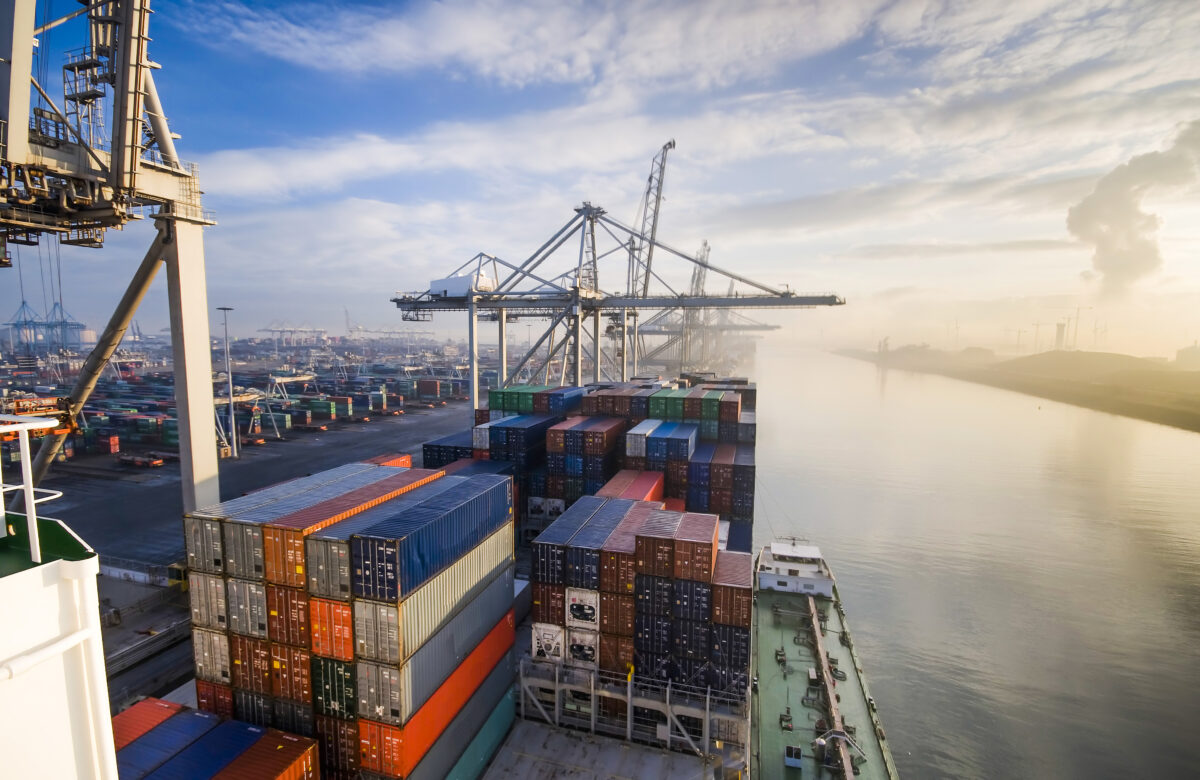The designation“Made in Germany” enjoys a high status worldwide. Products manufactured in Germany are considered reliable, safe and of high quality.
Until now, there has been no fixed legal framework as to when a product may be labelled “Made in Germany”. In this respect, the companies had extensive scope for action, which could only be examined to a limited extent.
That is about to change. The European Commission has now made a proposal for an EU regulation that deals with when a product may contain an origin marking, such as “Made in Germany”.
Definition of origin follows from the Customs Code
A product may only be marked as “Made in Germany” if certain provisions of the Customs code must be observed. In this respect, the designations”Made in Germany” and the origin under customs law will be the same.
Companies will then have to check very carefully when their products, which consist of individual components supplied from outside Germany, are still eligible for a product “Made in Germany”.
The new regulation is due to enter into force in 2015. Companies are already well advised to review their production processes to ensure that the designation”Made in Germany” can still be used in the future.
We will be happy to answer any questions about origin marking in accordance with the new EU regulation.
Dieser Artikel wurde am 15. August 2018 erstellt. Er wurde am 30. September 2023 aktualisiert. Die fachliche Zweitprüfung hat Rechtsanwalt Dr. Tristan Wegner durchgeführt.

